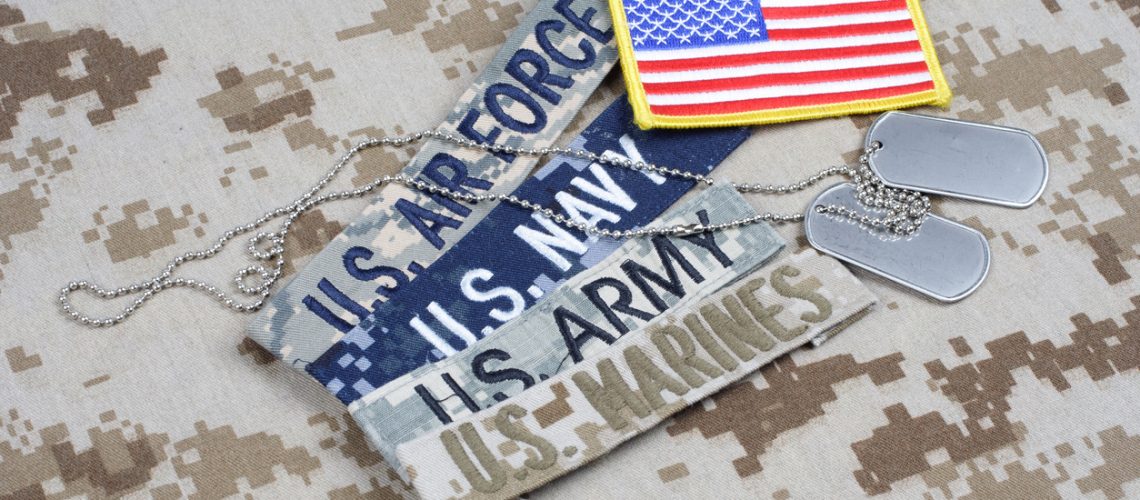Whether you have been accused of a crime or feel loyalty to a fellow military member who was accused of a crime, it’s never okay to do anything in an attempt to obstruct justice.
Obstructing justice violates Article 134 of the Uniform Code of Military Justice (UCMJ). In order to be convicted of obstruction of justice, the prosecution has the burden of proving that you did the following:
- You either knew or believed there was going to be a criminal proceeding;
- You committed a specific act or acts;
- You committed the act(s) with the intent to either influence or impede the administration of justice; and
- Your conduct was service discrediting or prejudicial to good order and discipline in the armed forces.
What is a Criminal Proceeding?
The first factor for proving obstruction of justice is that the accused knew or believed there was going to be a criminal proceeding. Criminal proceedings include:
- State or federal criminal trials
- Courts martial
- Police/command investigations
- Searches
- Non-judicial punishment proceedings
It’s important to note that administrative processes and proceedings are not criminal proceedings.
What Acts May Be Included in Obstruction of Justice?
While there are many different actions that can constitute obstruction of justice, some of the most common examples:
- Witness intimidation
- Destruction of evidence
- Lying to investigators
- Encouraging a victim to take back an accusation (sometimes)
Intent to Influence or Impede Doesn’t Require that It Happens
There must be the intent to influence or impede the administration of justice, however, an actual impediment or influence is not necessary. Also, obstruction of justice can occur prior to the proceeding in question.
Your Conduct Was Prejudicial to Good Order
The final factor necessary for the prosecution to prove obstruction of justice is that the accused’s conduct was prejudicial to good order and discipline. This means that there has been an obvious and measureable negative impact on the authority or esteem of another service member.
The Court-Martial Law Division of Aviso Law LLC Helps Military Members in Colorado Who Have Been Charged with a Crime
The U.S. Government has an interest in obtaining a conviction as soon as possible, as it does not wish to gain negative publicity about one of its service members.
The charge of obstruction of justice should be taken very seriously, as if convicted it can result in a dishonorable discharge, rank reduction, and up to 5 years in prison. That is why it is so important to consult with a knowledgeable and experienced military attorney as soon as possible.
If you are a military service member and have been charged with a crime under the UCMJ, the Court-Martial Law Division of Aviso Law LLC can help. We proudly serve our military members, who sacrifice so much for our country. To learn more or to schedule a free consultation, contact us today!


